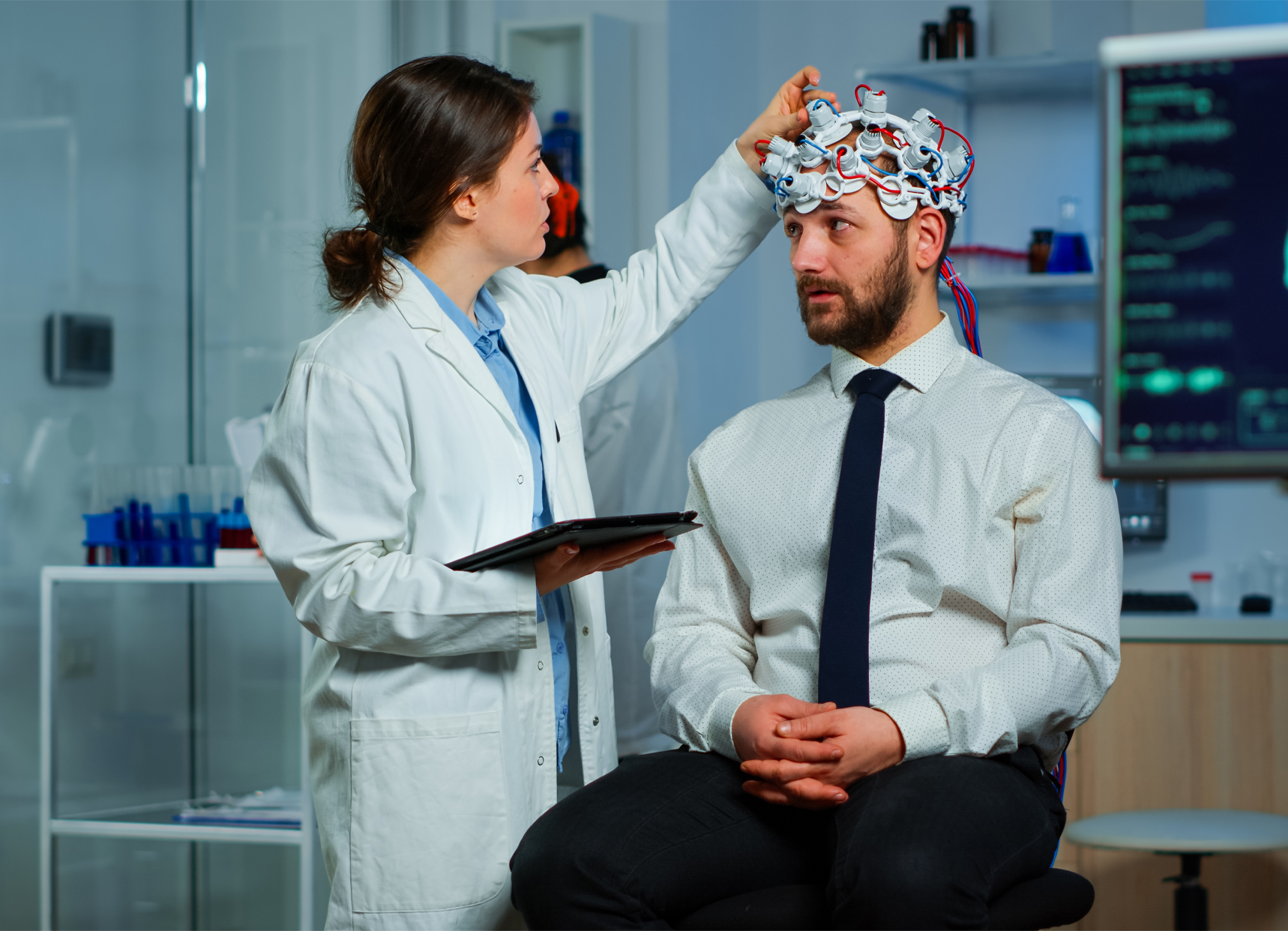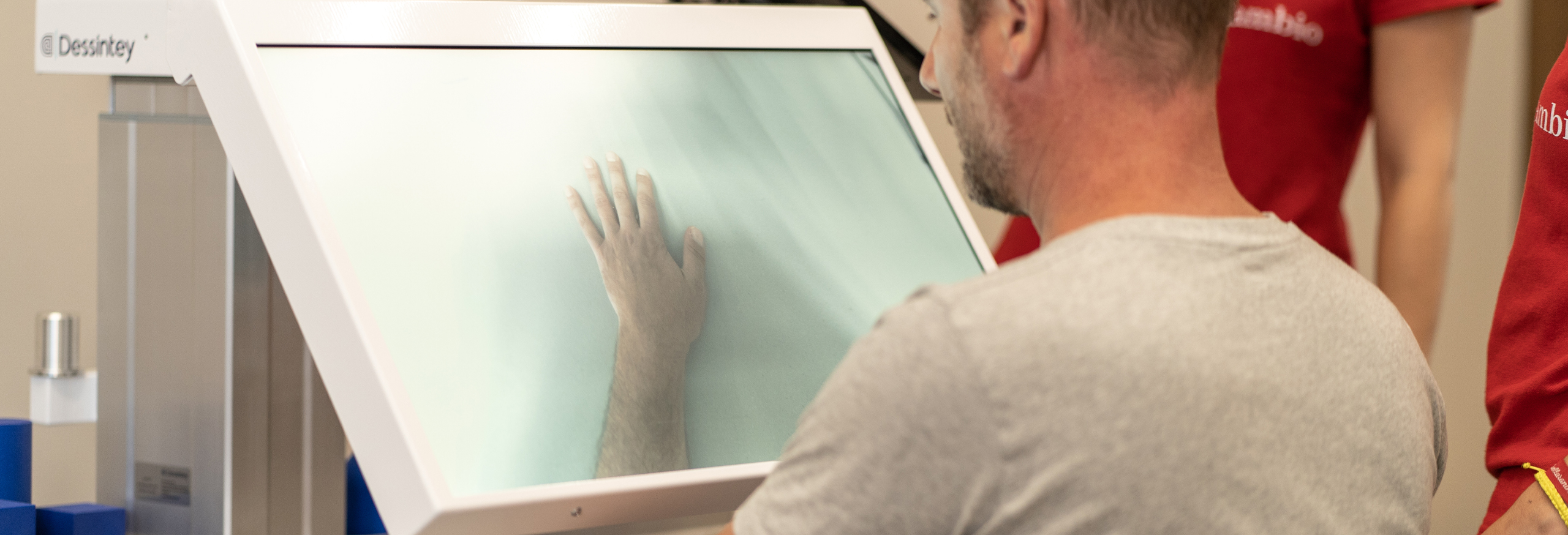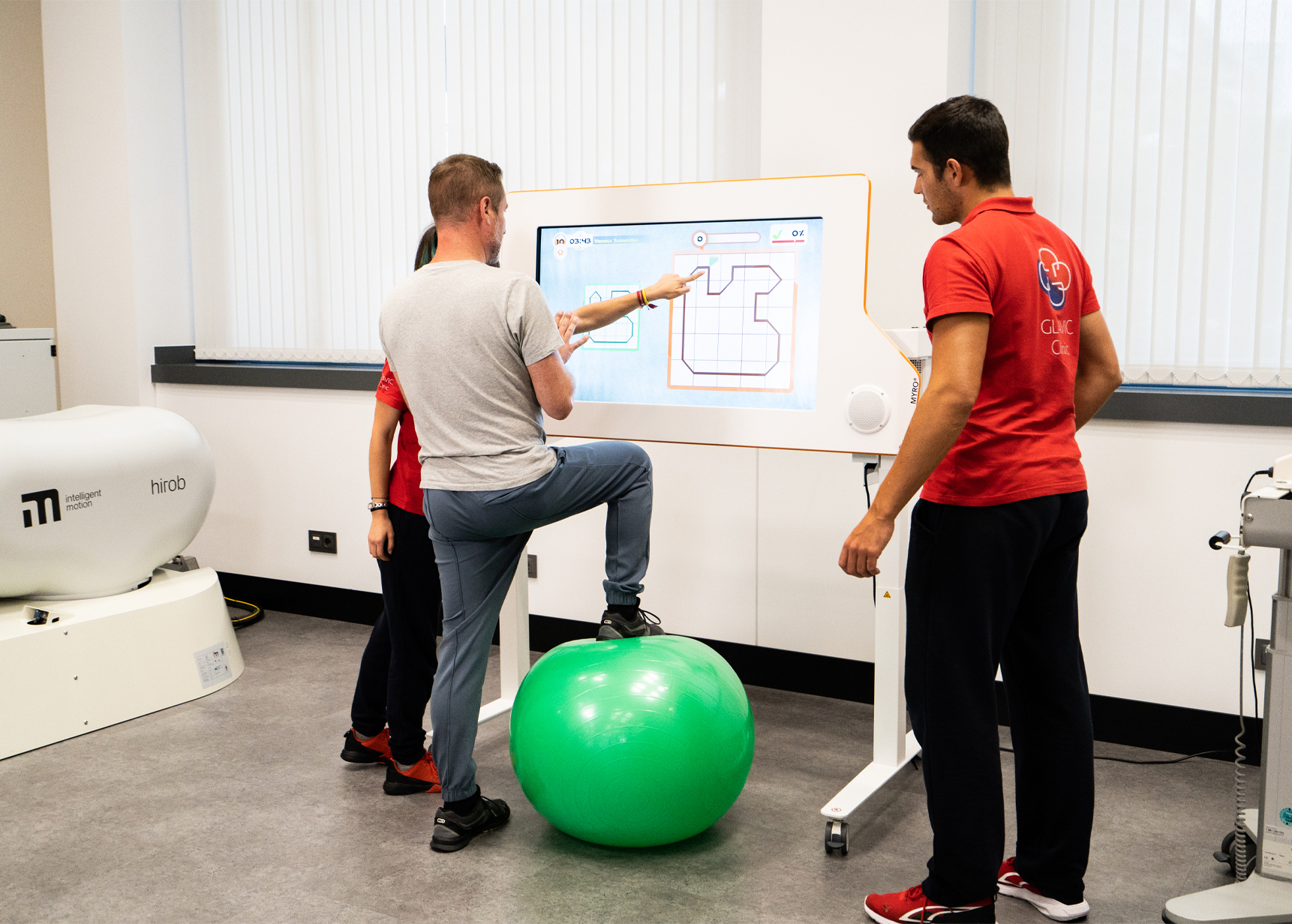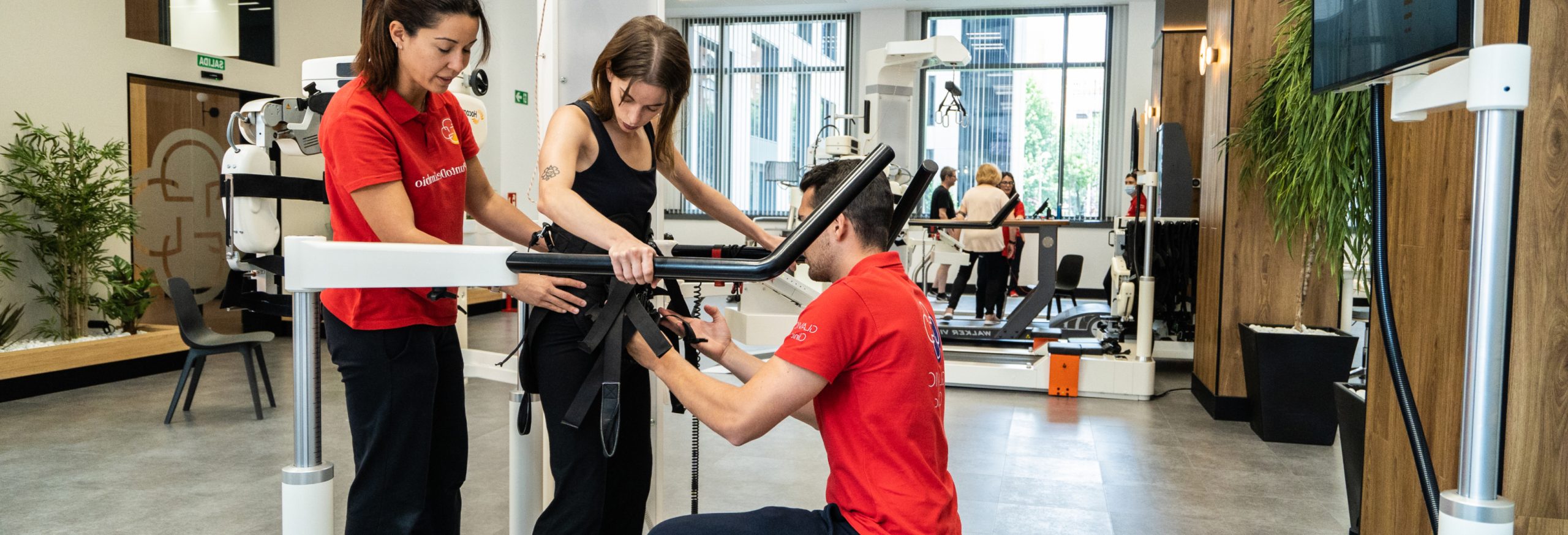Brain injury refers to damage to the brain caused by trauma, stroke, tumor, or other neurological conditions. It can have profound effects on physical, cognitive, and emotional functioning, depending on the severity and location of the injury.
Our specialized programs combine cutting-edge treatments, compassionate support, and innovative approaches to promote recovery and improve the quality of life for our patients. We strive to offer personalized care tailored to each individual’s unique needs, ensuring the best possible outcomes.

Brain injury can result from various causes, including falls, motor vehicle accidents, sports injuries, and violence. The effects of brain injury can range from mild concussion to severe impairment or coma. Common consequences of brain injury include:
Emotional changes: Mood swings, irritability, depression, and anxiety.
There are several types of brain injury, each with its own characteristics and implications:


Brain injuries can present a spectrum of symptoms, with some becoming evident immediately while others may develop gradually over time. Symptoms of brain injury vary depending on the type and severity of the injury but may include:
Brain injuries can vary in severity from mild to severe. Mild brain injuries, often referred to as concussions, may result in temporary symptoms and usually resolve without intervention. However, moderate to severe brain injuries can lead to lasting effects and may necessitate significant medical care and rehabilitation.
Diagnosing brain injury involves a comprehensive evaluation of symptoms, medical history, and imaging studies such as CT or MRI scans.
The effects of brain injury can encompass a broad spectrum of short- and long-term challenges affecting:
Recovering from a brain injury is a critical journey towards regaining function and independence.
At Glavic Clinic, we understand that every patient has unique needs. That’s why we provide personalized rehabilitation programs tailored to each individual.
Our team offers a variety of therapies such as physical therapy, occupational therapy, speech therapy, and cognitive rehabilitation to address physical, cognitive, and emotional challenges. We also use innovative techniques like robotic neurorehabilitation and the GlLARTH Method to support our patients’ recovery.


The GLARTH Method is a holistic approach to rehabilitation that combines traditional therapy techniques with state-of-the-art technology. It emphasizes personalized treatment plans, goal-oriented therapy, and continuous monitoring of progress.
By integrating robotic neurorehabilitation and the GLARTH Method, we aim to optimize outcomes and promote recovery for individuals with brain injury.

Suffering a brain injury can have a lasting impact on individuals and their loved ones, but with the right care and support, many patients can make meaningful progress in their daily lives.
At Glavic Clinic, we are committed to providing compassionate care and advanced treatments to help individuals with brain injuries maximize their potential and regain their independence.
The PNF (Proprioceptive Neuromuscular Facilitation) 1+2 course covers techniques to improve muscle strength, flexibility, and coordination using specific movement patterns. Ideal for the rehabilitation of neurological and orthopedic patients.
specijalist neurolog – ravnatelj Poliklinike Glavić Dubrovnik i Zagreb
Lorem ipsum dolor sit amet, consectetur adipiscing elit, sed do eiusmod tempor incididunt ut labore et dolore magna aliqua. Ut enim ad minim veniam, quis nostrud exercitation ullamco laboris nisi ut aliquip ex ea commodo consequat. Duis aute irure dolor in reprehenderit in voluptate velit esse cillum dolore eu fugiat nulla pariatur. Excepteur sint occaecat cupidatat non proident, sunt in culpa qui officia deserunt mollit anim id est laborum.
Lorem ipsum dolor sit amet, consectetur adipiscing elit, sed do eiusmod tempor incididunt ut labore et dolore magna aliqua. Ut enim ad minim veniam, quis nostrud exercitation ullamco laboris nisi ut aliquip ex ea commodo consequat. Duis aute irure dolor in reprehenderit in voluptate velit esse cillum dolore eu fugiat nulla pariatur. Excepteur sint occaecat cupidatat non proident, sunt in culpa qui officia deserunt mollit anim id est laborum.
SOCIAL MEDIA